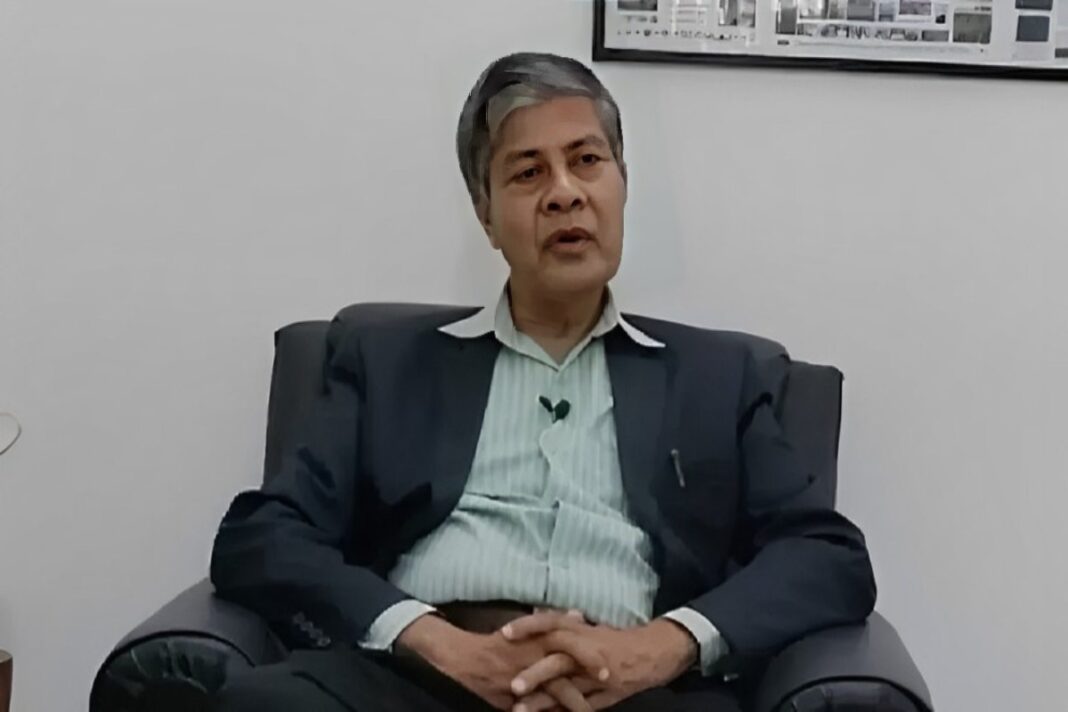Dr. Bhubaneswar Deka, a science graduate from Assam, later pursued arts and earned multiple degrees. His thirst for knowledge led him to study Islam, focusing on Zikir and Zari, devotional songs of Assam’s Indigenous Muslims. In 2011, Gauhati University awarded him a PhD for his research on “Assamese Zikir & Zari: A Critical Study”.
Dr. Deka’s fascination with Zikir began in childhood. He believes these songs have a unique power to unite people. Zikir took root in 17th century Assam, influenced by the Bhakti movement of Saint Srimanta Sankardev and supported by Ahom kings.
The Rich History of Zikir and Zari
While similar in tune, Zikir and Zari have different themes. Zikir teaches Islamic principles from the Quran and Hadith, while Zari’s songs focus on the Karbala war tragedy. Hazrat Shah Miran (Ajan Fakir), a 17th-century Sufi saint from Baghdad, popularised Zikirs in Assam.
Ajan Fakir blended Islamic teachings with Sankardev’s philosophy of “embracing all” in his Zikirs. Over time, Zikirs were set to Assamese folk tunes and influenced by Borgeet, composed by Sankardev and Madhavdev.
Preserving Harmony and Tradition
Dr. Deka highlights how Assam remained peaceful after the Babri Masjid demolition, crediting the influence of Sankardev and Ajan Fakir’s teachings. He notes that no temples or mosques were destroyed in Assam during that time, unlike in other parts of India and some neighbouring countries.
However, Dr Deka expresses concern about recent changes to Zikir’s performance. He warns that altering the original tunes, lyrics, or instruments of Zikir could lead to its extinction. He emphasizes the importance of preserving these traditional devotional songs in their authentic form to maintain their cultural significance and unifying power.
For detailed story, please visit: Awaz the voice
Also Read: The Sacred Pause: Lord Jagannath’s Rath Yatra and the Mazar of Salabega
You can connect with DNN24 on Facebook, Twitter, and Instagram and subscribe to our YouTube channel.



